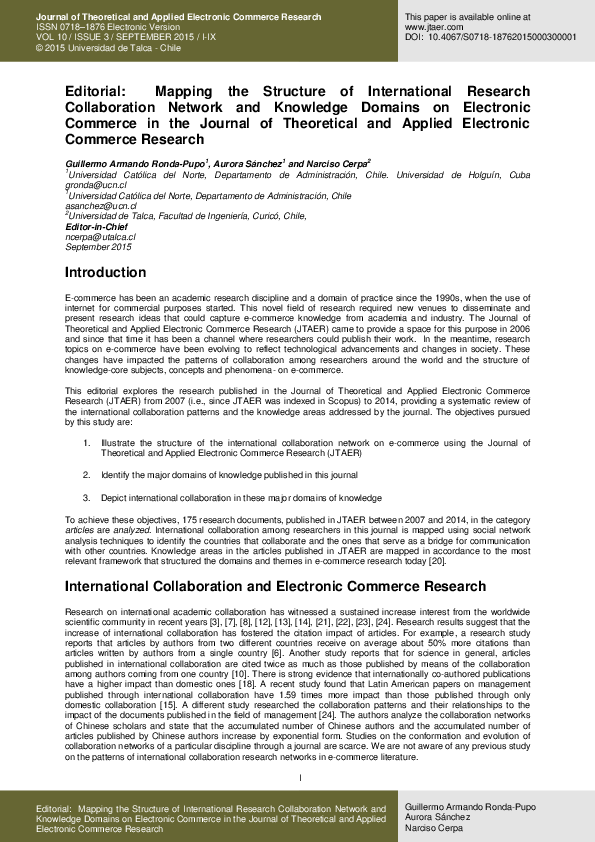采用患者生成的健康数据的博弈论分析
IF 4.6
3区 管理学
Q1 BUSINESS
Journal of Theoretical and Applied Electronic Commerce Research
Pub Date : 2024-02-08
DOI:10.3390/jtaer19010017
引用次数: 0
摘要
患者生成的健康数据 (PGHD) 在改善临床疗效方面具有巨大潜力。在医疗机构考虑是否以及如何将 PGHD 纳入其临床工作流程时,苹果和亚马逊的平台将从根本上改变这一格局。为了研究医疗服务提供商在何种条件下会采用 PGHD 并可能与平台签约,我们使用风格化的博弈论模型分析了两个医疗服务提供商、一个垄断平台和消费者的激励机制和最优策略,并求解了潜在的均衡点。我们发现,采用普惠制后,消费者盈余总是会增加,但社会福利可能会下降。规模较大的提供商比规模较小的提供商更有动力采用 PGHD,但在采用平台的情况下,这些动力却相反。因此,平台首先招收规模较小的提供商,也可能同时招收两家提供商。平台的出现增加了提供商的盈余,尽管它免费为消费者提供服务,但可能会牺牲消费者的利益。这些结果表明了经济激励对于是否以及如何将普惠制纳入当前医疗保健系统的重要性。本文章由计算机程序翻译,如有差异,请以英文原文为准。
A Game-Theoretic Analysis of the Adoption of Patient-Generated Health Data
Patient-generated health data (PGHD) have great potential to improve clinical outcomes. As providers consider whether and how to incorporate PGHD into their clinical workflows, platforms by Apple and Amazon stand to fundamentally alter the landscape. With the aim to examine the conditions under which providers would adopt PGHD and possibly sign on with a platform, we analyzed the incentives and optimal strategies of two healthcare providers, a monopoly platform, and consumers using stylized game-theoretic models and solve for potential equilibria. We found that consumer surplus always increased with PGHD adoption, but social welfare may drop. The larger provider had more incentive to adopt PGHD than the smaller provider, but these incentives were reversed in the case of platform adoption. Accordingly, the platform enrolled the smaller provider first and possibly both providers. The emergence of the platform raised provider surplus, potentially at the expense of the consumers, despite offering its service to them for free. These results illustrate the importance of economic incentives regarding whether and how PGHD could be incorporated into our current healthcare system.
求助全文
通过发布文献求助,成功后即可免费获取论文全文。
去求助
来源期刊
CiteScore
9.50
自引率
3.60%
发文量
67
期刊介绍:
The Journal of Theoretical and Applied Electronic Commerce Research (JTAER) has been created to allow researchers, academicians and other professionals an agile and flexible channel of communication in which to share and debate new ideas and emerging technologies concerned with this rapidly evolving field. Business practices, social, cultural and legal concerns, personal privacy and security, communications technologies, mobile connectivity are among the important elements of electronic commerce and are becoming ever more relevant in everyday life. JTAER will assist in extending and improving the use of electronic commerce for the benefit of our society.

 求助内容:
求助内容: 应助结果提醒方式:
应助结果提醒方式:


